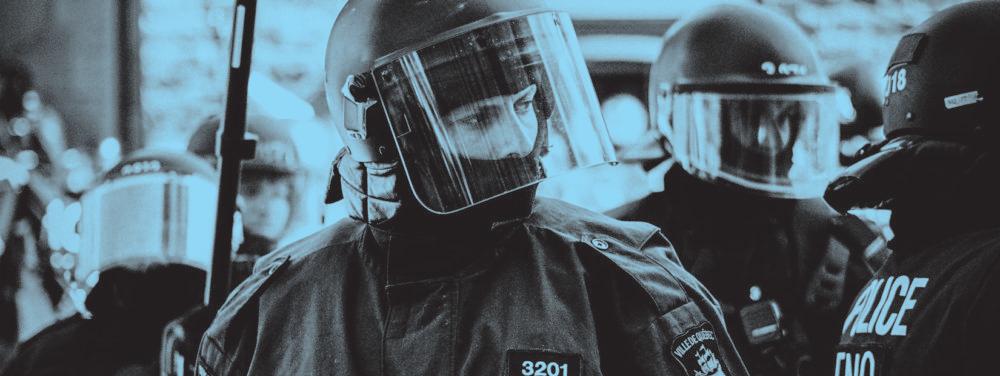
3 minute read
Canada Promises $2.8 Billion in B.C. Day-Scholar Settlement
A long-awaited end to “unfinished business”
Catey Fifield Copy Editor
Advertisement
On January 21, the federal government announced an agreement of $2.8 billion to settle the remaining part of a class-action lawsuit brought by two British Columbia First Nations more than a decade ago. Crown-Indigenous Relations Minister Marc Miller said the government signed the agreement with plaintiffs representing 325 nations.
The B.C. day-scholar lawsuit was filed by former shíshálh chief Garry Feschuk and former Tk’emlúps te Secwépemc chief Shane Gottfriedson. The two chiefs sought justice for “day scholars” – individuals who attended church- or governmentrun schools during the day but did not sleep there overnight –as well as descendents of those individuals. The day-scholar distinction rendered thousands of day school survivors ineligible for the Canadian government’s 2006 settlement for residential school survivors. Day scholars were also excluded from the Truth and Reconciliation Commission active from 2008 to 2015.
The initial suit involved three classes of complainants: a Survivors class, a Descendants class, and a Band class. In 2021, all parties agreed to separate the Survivor and Descendant classes from the Band class to ensure that aging day school survivors could receive compensation in their lifetimes. The settlement between Survivors, Descendants, and the Canadian government included $10,000 for each eligible day scholar (or their family or estate) as well as $50 million for a Day Scholars Revitalization Fund. As of December 23, 2022, there have been 11,453 claims made and 3,735 payments issued.
This month’s resolution of the Band class’ claims brings a longawaited end to the “unfinished business” of 2021, per Miller. As part of the Band class settlement, Canada has agreed to place $2.8 billion in a not-for-profit trust to “support healing, wellness, education, heritage, language, and commemoration activities.”
The trust, which will be independent of the government, is to be managed by a permanent board of nine Indigenous directors. It will be guided by the Four Pillars developed by Band class plaintiffs: revival and protection of Indigenous languages, revival and protection of Indigenous cultures, protection and promotion of heritage, and wellness for Indigenous communities and their members.
Gottfriedson explained that the settlement “allows our Indigenous nations to control this process … we will manage and distribute the funds, we will provide it to all 325 nations in a fair and objective manner.” Each nation will be able to decide which of the Four Pillars to focus on and to develop a tenyear implementation plan. After the first decade, new ten-year plans will be developed to ensure that all funds are dispersed within 20 years.
The B.C. day-scholar settlement is only the latest in a series of billion-dollar settlements between Indigenous peoples and the Canadian government.
In June 2022, the Siksika First Nation in southern Alberta voted to accept a $1.3-billion payment to “right past wrongs dating back over a century”: in 1910, Canada broke its Blackfoot Treaty (Treaty 7) and wrongfully seized more than 115,000 acres of Siksika Nation’s reserve land. In July 2022, moreover, the federal government signed a $20-billion agreement to compensate First Nations children and families harmed by chronic underfunding of the on-reserve child welfare system – “the largest such deal in Canadian history.” In addition to the $20 billion for compensation, another $20 billion was set aside to reform the on-reserve child welfare system over five years.
In 2009, Garry McLean of Lake Manitoba First Nation filed a $15-billion lawsuit against the federal government seeking compensation, like Feschuk and Gottfriedson, for thousands of First Nations, Métis, and Inuit children who attended federallyrun day schools. McLean’s class-action suit took ten years to resolve, and by the time the federal government agreed to award between $10,000 and $200,000 to each claimant, McLean – who himself suffered “emotional, mental, physical, and sexual abuse” at the Dog Creek Day School – had already passed away. As of January 3, 2023, some 178,161 people have filed claims with the Indian Day Schools Class Action and 70 per cent of them had received payment.
“Many Canadians are aware of the tragic legacy of Indian residential schools,” said former Crown-Indigenous Relations Minister Carolyn Bennett in 2019, “[but] a lot did not know, and most Canadians still do not know, that beginning in the 1920s, 200,000 students attended federally operated Indian day schools,” Bennett said.
The B.C. day-scholar settlement is unique in that it marks the first time Canada will compensate bands and communities collectively for harms related to residential or day schools.
“Reconciliation isn’t free. This is a lot of money,” Miller said. “Is it enough? I think only time will tell, but we know there’s a heck of a lot more to do.”
“This has never been done,” remarked Peter Grant, class counsel for the nations, at a news conference. “This is where the government is saying, ‘you take care and you’re in charge of how you wish to start to repair the damage.’”
Further information on the terms of the settlement will become publicly available over the next month. Before any funds can be transferred to the trust, a settlement approval hearing must be held between February 27 and March 1, followed by an appeal period.







